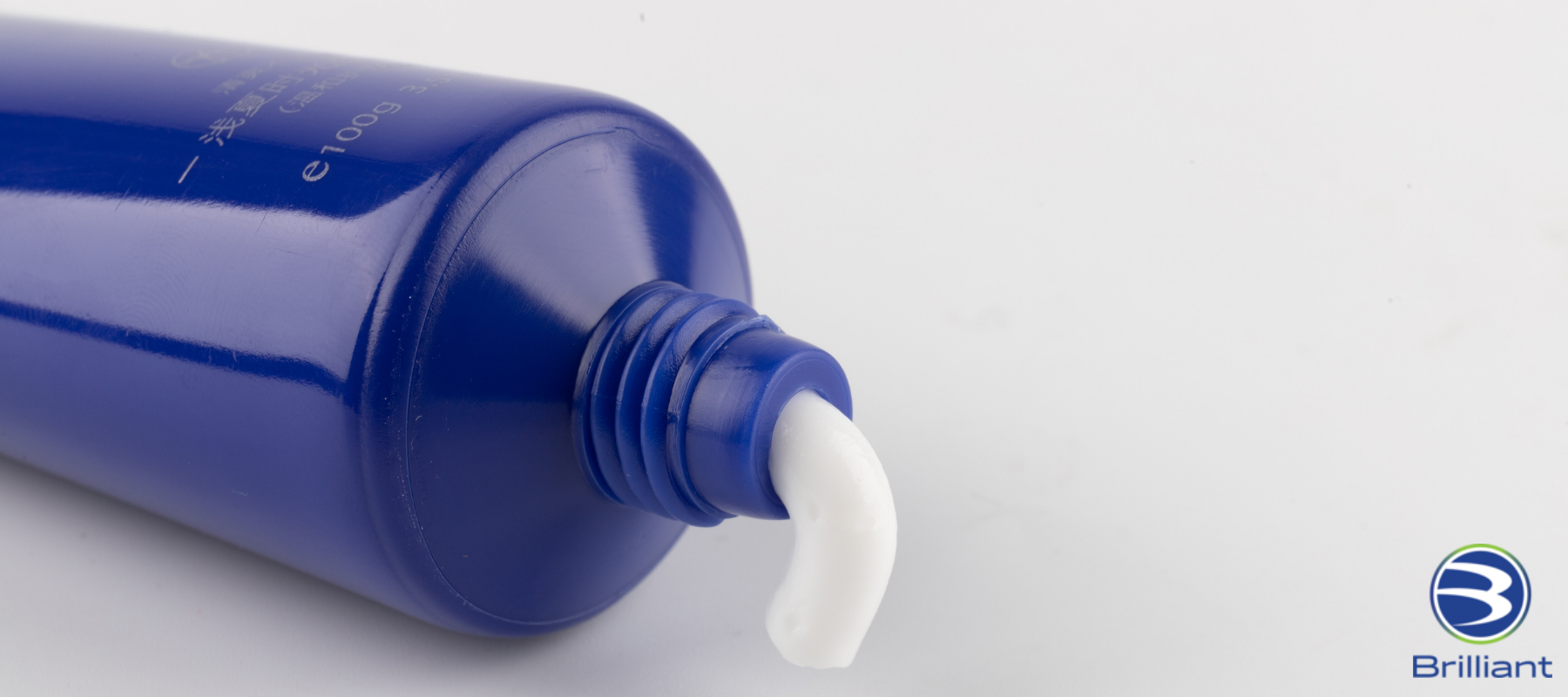- Phone: 1.404.373.4030
- Opening Hours: Mon-Fri 9AM-5PM Eastern

DISCLOSURE: Noelle Copeland RDH is an Oral Care Specialist and Dental Consultant who provides content for Brilliant Oral Care and Baby Buddy.
Sensitive teeth are pretty big business! In fact, desensitizing toothpaste brands top the oral care market above all other options when it comes to demand. This hasn’t always been the case though. The past twenty to thirty years have seen a steady uptick in the consumer’s desire and need for sensitivity relief. But Why?
Is it something we’re doing that is making our teeth more sensitive, or are we able to address oral care issues faster because we have greater access to care and treatment today? I think it’s both personally. We are steadily consuming more and more in our lives that have a potential impact on our oral health. From too much sugar to too much alcohol to too much stress…all of these factors can have negative effects on our bodies. Sensitive teeth are just one of those side effects.
When it comes down to it, I love a good toothpaste for sensitive teeth and I recommend them often when needed. Sometimes an over-the-counter brand works wonderfully for a patient and other times a prescription paste is needed. Overall the best toothpaste for sensitive teeth is the one that works for a particular person. Even though they are all similar, each one has different chemical formulas that work to control sensitivity. Sodium fluoride and potassium nitrate are two commonly used active ingredients.
How does sensitive toothpaste work?
Treating the root cause of sensitivity!
It’s probably worth considering if one of the following is needed for treating sensitive teeth, especially if it’s not sensitivity that is felt all over the mouth and teeth and it is a more localized or patterned expression of pain and discomfort.
Sensitive teeth don’t have to be a part of your daily routine. Talk to your dental professional if you are concerned about sensitivity. If you were looking for the best way to establish an effective home care routine, you’ve found the right place at Brilliant Oral Care. Our patented round head bristle toothbrush not only removes the plaque on teeth, it simultaneously cleans and removes the plaque and bacteria found on the cheeks, gums, teeth, and tongue. It’s the bristles that make all the difference in performing oral care for sensitive teeth and gums, being gentle yet effective. Why choose a thousand bristle toothbrush when you can have a 10000 to 24000 bristle toothbrush that cleans everywhere it goes?!?! Don’t forget to #BRUSHBRILLIANT.
© 2021 Compac Industries. All rights reserved. This article provides information about “oral health topics” as expressed through the perspective and experience of the author. The information provided does not substitute professional advice or counsel, including diagnosing or treating any condition. Always seek the advice of your dentist or another qualified healthcare provider with any questions you may have regarding a medical condition, an oral condition, an illness, or treatment of any listed or unlisted situation above. Using this site signifies your consent to our Terms and Conditions. Do not use this site if you don’t agree to all Terms and Conditions.
Noelle Copeland RDH is an Oral Care Specialist and Dental Consultant who provides content for Brilliant Oral Care and Baby Buddy.


DISCLOSURE: Noelle Copeland RDH is an Oral Care Specialist and Dental Consultant who provides content

DISCLOSURE: Noelle Copeland RDH is an Oral Care Specialist and Dental Consultant who provides content

We believe that all people are fearfully and wonderfully made and designed in the womb for a grand purpose.
Useful Links
Copyright © 2023 Compac Industries | All Rights Reserved.